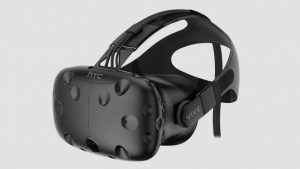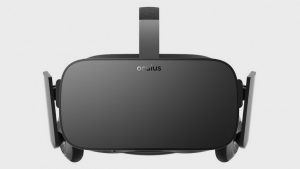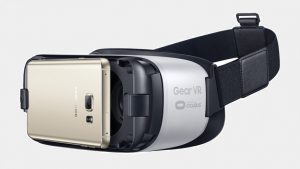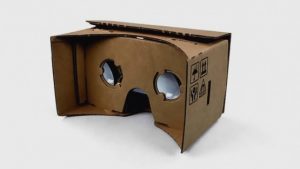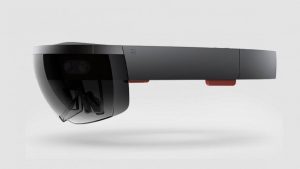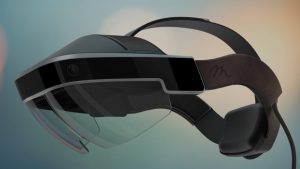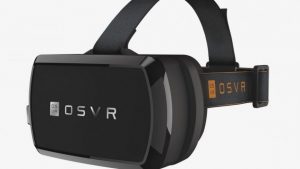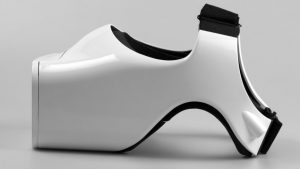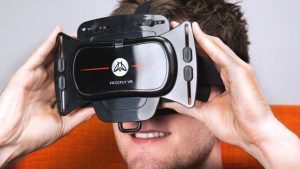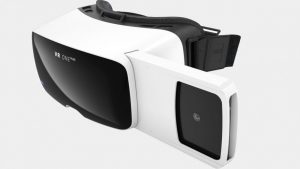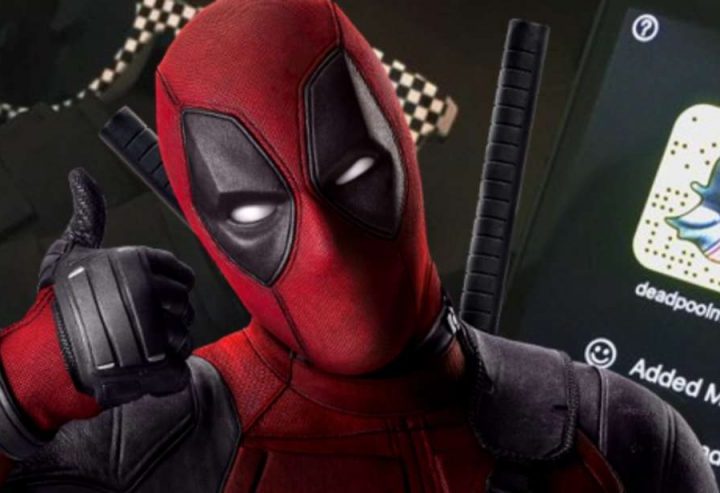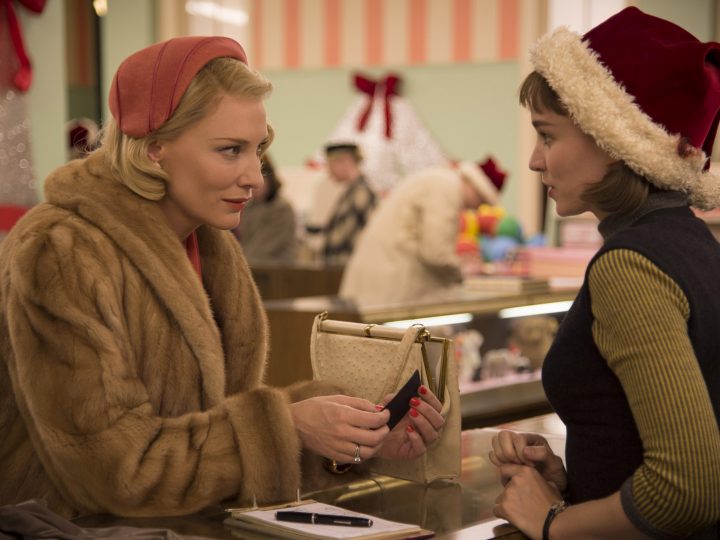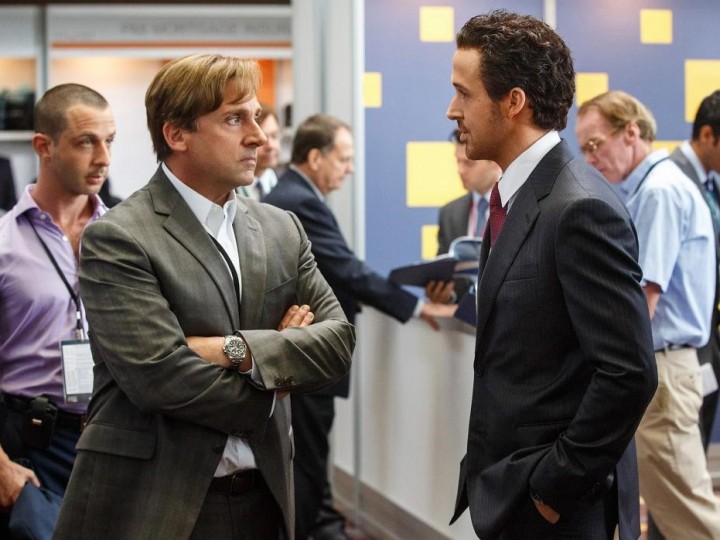Virtual reality impacts how you communicate.
Are you using Facebook Messenger or Skype? Of course you do. Well, I told you before that Facebook is strongly developing VR, not only for content but also to build a social network. Mark Zuckerberg shares this vision of Virtual Reality as the future way to communicate. Last April, at the F8 Developer conference, the Facebook team presented a demo of a “social VR calls” where you are connecting 2 or more people in a virtual world. In the video, you can see Facebook CTO Mike Schroepfer with his Oculus Rift virtual reality headset being “teleported” to London.
With such feature, distance is no longer determining who you are spending time with. That will be a new age for fans who will be able to share their passion to other enthusiasts around the world. It’s already happening with blogs, youtube channels and social networks, but with VR it’s a new dimension, a new reality.
With Facebook developing this technology, it allows a niche market of early adopters to become global. For now, you have the 360° videos you can share to people. I guess very soon, people will be sharing those as easily as we make videos on Snapchat. Texts are being replaced by videos, you can easily supposed they will be too by Virtual Reality calls or videos.
Indeed, the other tech giant has been working on this too. Google has developed Google Glasses Real in order to share instant moments and make them feel real.
Are you seeing like me the next thing that will take over the Go Pro? Another immediate thought; imagine a blogger making a Q&A at a movie premiere and you want to share this to your fan base… wouldn’t that be amazing? OK, I’m easily excited by new tech 😉
So if Virtual Reality is changing your content narration, promotion, strategy and way of communicate your experience, it seems obvious that it will change reality itself. You saw that Virtual Reality can improve user’s experience but what if it redefines the experience itself?
Virtual reality impacts the way to experience the content, how you experience the experience.
What if Virtual Reality is building a brand new experience; through the atmosphere, the context, and the feature? Since I kept the focus on the entertainment, what if you can redefine the movie-going experience?
You have a headset that can teleport you almost anywhere, so it’s possible to watch a movie at the theater still being in your living room? Why would you do that? Well I will be happy to have your feedback and your suggestions.
Let me try to find one: you love movie theaters but not the guy who is looking for his seat with his cellphone light when the movie has started…. #IlovePeople but maybe less in the theater 🙂
Still, this is something you can do with virtual reality. You can create your personal theater headset. That’s what CINEVEO has created with different Cinema decor choices and a chat room.
Like a traditional theater, you can sit, watch your movie, and also been exposed to advertising. Like another reality with new ad deals opportunities.
If physical movie theater is really dear to you, why not not experience virtual reality with others then? That’s what a theater did in Amsterdam. Basically, you put people together in the theater with their headset experiencing virtual reality. They sit on 360° chairs that allow them to move and look around. You can see here:
This is getting really close to amusement parks where you buy a ticket for a “digital” ride. The difference is you can have such ride every casual movie-going evening.
Is this going to be big? Well, some people are very skeptical with the CINEVEO offer; the graphics aren’t that good or the software installation is too complex. But you can easily imagine this as an early stage of what it could be. Would it replace real – life – experience? Of course not. Like every technical revolution, conservative people are afraid that it will arise what it is currently in place. It certainly questions how we are using technology but don’t wipe out all our innovation legacy. Phones didn’t sign the end of people talking to each other face to face, it just redefined the possibilities of conversations. For Virtual Reality it’s the same. I believe it has to be seen as an opportunity: to be more creative, more connected, more memorable, and maybe more efficient. Indeed, how far could it revolutionize the way we currently work?
For example, Amazon is very keen to use the crowdsourcing process to produce their TV shows. Scripts or casts are submitted online, and users are voting for the one they rather like to be developed. Imagine you can assist to an audition in virtual reality, or your debrief the film location through a 360° video, and then vote. This means you would be completely immersed into the filmmaking process. And how exciting is that?

